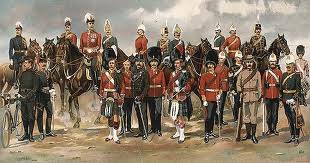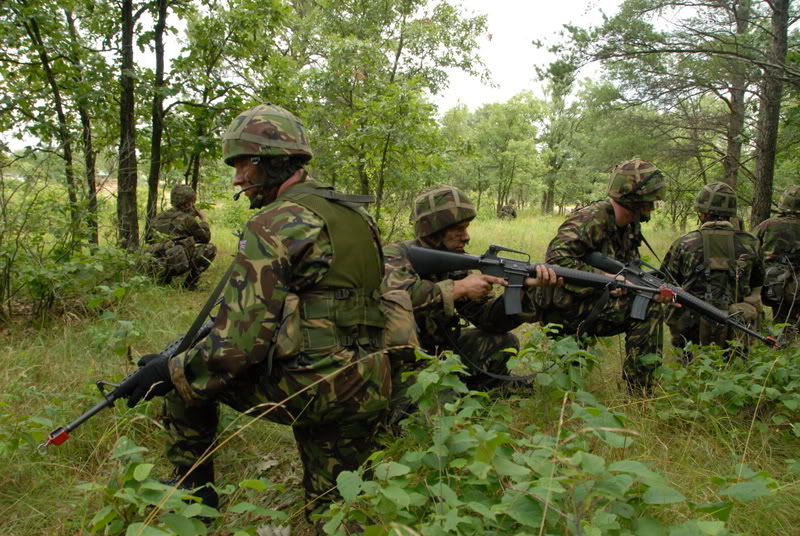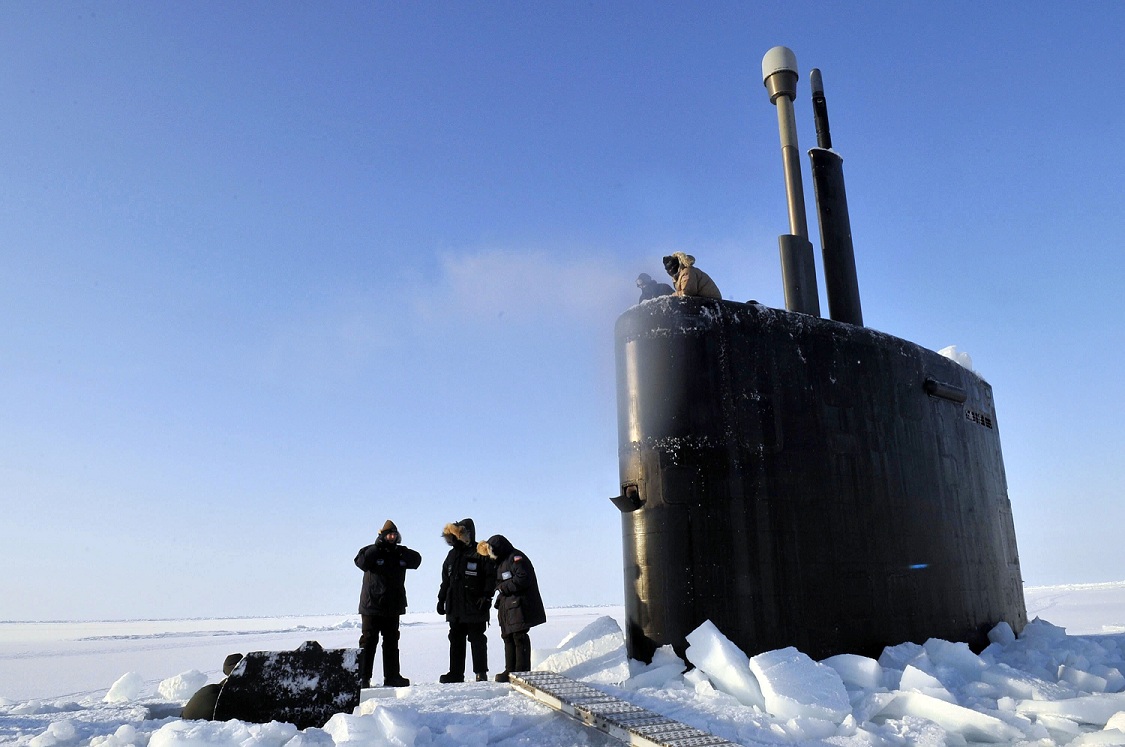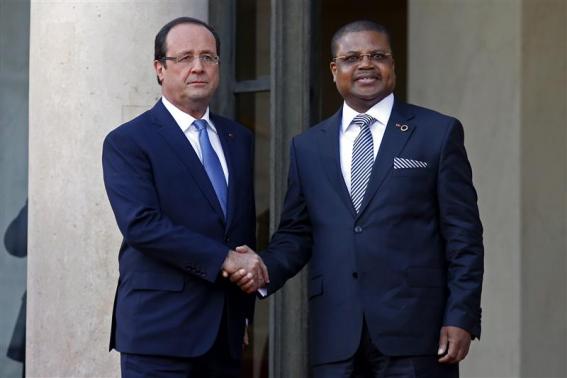
In recent years, the Standing Senate Committee on National Security and Defence has devoted significant attention to the role of the Reserves in Canadian defence policy. Interestingly, the committee’s 2011 report “Answering the Call” placed Canadian reserve policy in a global context, citing the work of US strategic scholar Dr. Richard Weitz.
Weitz argued while during the Second World War and the Cold War reserves were designed to be available for full mobilization to wage total war, in the contemporary context such a major great power war is unlikely. Instead, he argued that Reserves should be tailored to emphasize civilian skills that proved useful in complex, multifaceted counter-insurgency and nation-building missions like the ones that Western militaries undertook in Iraq and Afghanistan.
Weitz’s claim points to the need to place Canadian Reserve policy in a global context, but it also emphasizes the importance of historical context. The role of reserve forces has changed dramatically over the past several hundred years of Western military history, and it is worthwhile to briefly trace those changes.
For most of the 1700s, reserve forces did not play a large role in European military affairs. European powers such as France, Habsburg Austria, and Imperial Russia relied on professional, long-service armies, whose rank and file were largely segregated from the rest of society. Various countries, including Prussia and Sweden, had developed recruitment systems in which each district was responsible for providing a certain number of troops. However, in an age with little popular sense of national identity and where armies were often seen by the common people as a group of vagabonds held together only by harsh discipline, a modern reserve system could not exist because it lacked popular support.
This began to change with the French Revolution, which brought nationalism to the centre stage in Europe. Confronted by the armies of reactionary powers, the French revolutionaries abandoned reliance on professional armies and chose to declare a levée en masse, drafting hundreds of thousands of ordinary Frenchmen into the military. The success of the French Revolutionary armies, which Napoleon led to conquer much of Europe, demonstrated that a popular-based force could overwhelm smaller professional armies.
Other powers were quick to learn these lessons. Notably, Prussia embarked on substantial military reforms following its defeat by France, adopting a Landwehr reserve militia which proved its worth in the fighting that led to Napoleon’s defeat. The Prussian example showed the importance of reserve forces. In the Franco-Prussian War of 1870-71, Chancellor Otto von Bismarck was able to prevail and found the German Empire in part because Prussia had well-trained reserves that it could quickly deploy to the battlefield.
France and other powers recognized the strength of reserve forces, and by the time of the First World War all of the European great powers had substantial reserves which could be quickly activated and deployed in the event of conflict. Most European states required young men to perform 2-3 years of military service. Following this, the soldiers automatically became part of the reserves, and were required to perform annual training to maintain their skills.
The First and Second World Wars seemed to confirm the value of reserves, as these were total wars which required mass mobilization. However, as the Vietnam War revealed, the reserves can have an important restraining political effect. Prior to and during the Vietnam War, the US Army was made up of draftees. The draft contributed to popular resistance to the war in the US, and the mass conscription of ordinary Americans led to negative effects on morale and unit cohesion in Vietnam. This was a deeply traumatizing experience for the US Army, and in response the Army shifted to an all-volunteer force to separate civilians from the army.
At the same time, the Army vested a large number of capabilities in the National Guard. As British General Rupert Smith pointed out, by doing this American leaders aimed to ensure that the US would not engage in major military adventures that lacked popular support, because the National Guard was closely rooted in ordinary American communities. Applying the army-state-people trinity concept of military theorist Karl von Clausewitz, the US military leaders wanted to ensure that the army would not be used by the government without the support of the people.
How does this relate to Canada? For most of the 1800s, the Canadian militia had few deployments and largely functioned as a social club. However, the experiences of the First and Second World Wars revealed that the militia had a key role to play in mass mobilization, and it largely continued in this way. One major difference between the Canadian and American Reserve is that the Canadian Reserve forces, unlike those of the United States, cannot be deployed without their individual consent or an Order in Council. In the United States, the National Guard and Reserves exist to allow the US to fight regional wars in the Middle East and Korea, in accordance with the so-called “two war doctrine.” Because Canada is not a global superpower, it does not need to copy this US model. Therefore, it may be useful for Canada to consider Dr. Weitz’s advice and focus on specializing the reserves.




